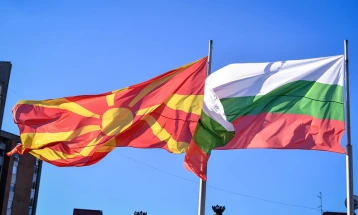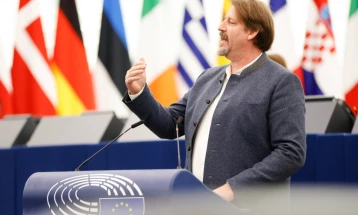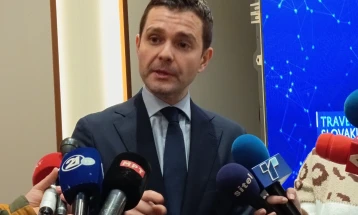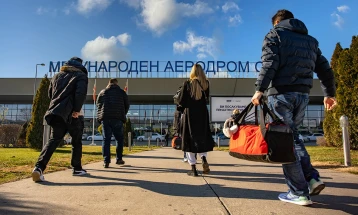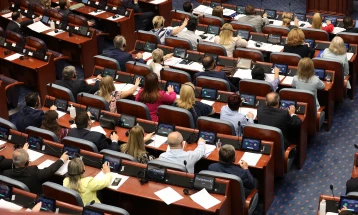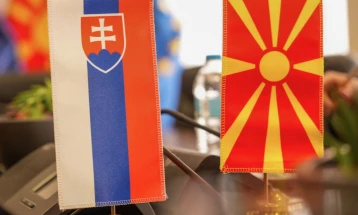Osmani shares video explaining essence of EU negotiating framework
- Foreign Minister Bujar Osmani shared a video on his Facebook profile with a brief explanation of the essence of the EU negotiating framework, in response to numerous speculations related to its content.
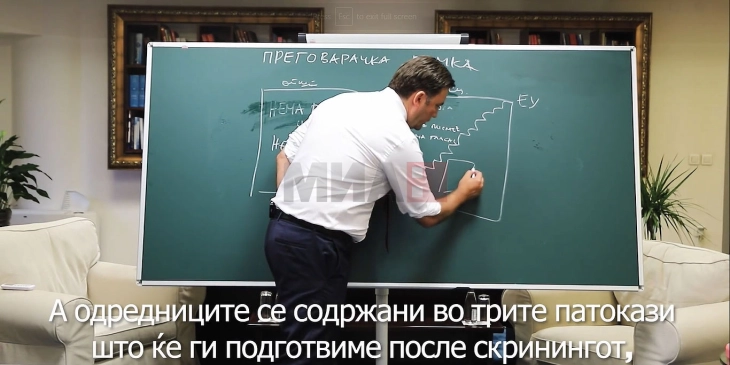
Skopje, 5 August 2023 (MIA) - Foreign Minister Bujar Osmani shared a video on his Facebook profile with a brief explanation of the essence of the EU negotiating framework, in response to numerous speculations related to its content.
“First, the negotiating framework is divided into two parts: a general and a special part. The general part includes the so-called general provisions of the negotiating framework for which neither a written report is made by the European Commission, nor a vote is required by the European Council, i.e., by the EU members. The special part contains the 35 chapters, for which there are benchmarks that must be met and for which the European Commission prepares a report, and the member states approve it by voting. These benchmarks are contained in the three roadmaps that we will prepare after the screening, which will be adopted by the European Union. These are roadmap for the rule of law, roadmap for public administration and roadmap for democratic institutions. In the roadmap for the rule of law, there is an action plan for minorities, for all minorities, ethnic or non-ethnic,” Osmani said.
What is more important, he noted, is that in none of these benchmarks, roadmaps or steps in the special part of the negotiating framework is there any reference or connection to the Treaty of Friendship with Bulgaria, no references to the issue of the work of the historical commission, nor reviews from Article 12 of the same treaty.
“On the contrary - both the Treaty of Friendship and the reviews from Article 12 of the Treaty, as well as the Agreement with Greece, are noted in the general part of the framework, the part for which neither a report is drawn up by the European Commission, nor is it subject to voting, or approval by of the EU Council. This does not mean that we will not work on their implementation, we have certainly undertaken that obligation, but we will do so in good faith, but they are not benchmarks for which a report will be drawn up, or a vote will be taken, and hence they cannot be the basis for a new obstacle on the path,” Osmani said in a video.
Photo: print screen
